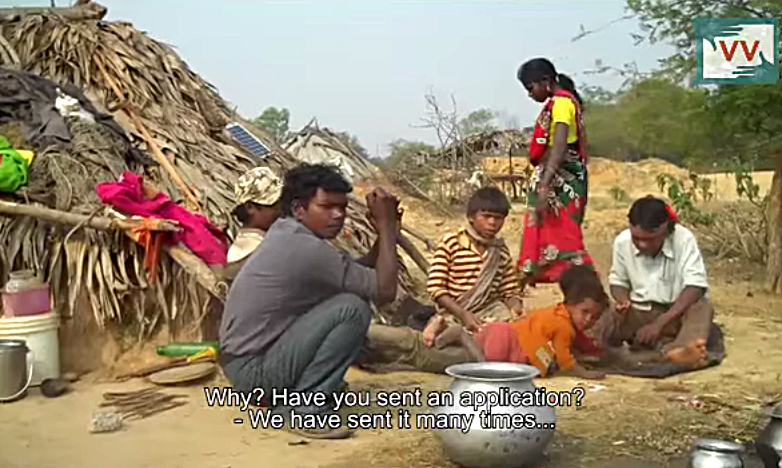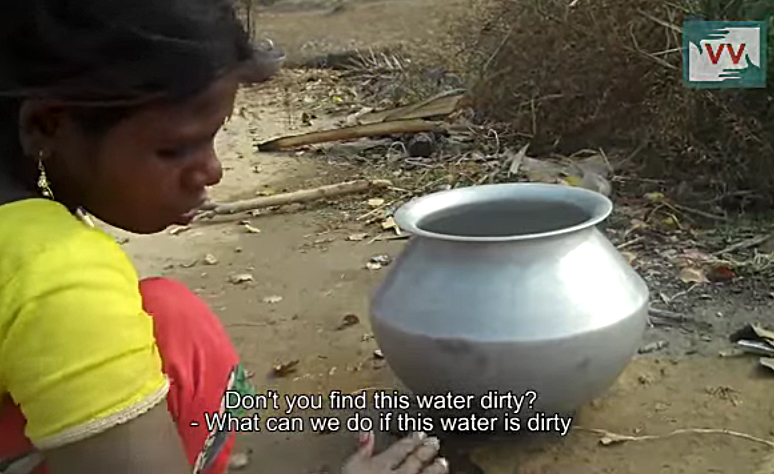Eight Birhor families live in deplorable, hardship conditions in a village of eastern India and the various welfare schemes of the state and federal governments are not helping. The Times of India published a brief exposé by reporter Pravin Kumar Mishra about the situation that described the village of Piyarkoli, in the Gawan Block of the Giridih District, India’s Jharkhand State.

According to the reporter, the families live in huts composed of tree leaves and, more seriously, they are on the verge of starvation. For over a year, the Birhor families have not had access to the foods that the state government does make available. They have also been denied the welfare benefits that Indian government agencies normally provide.
Moni Kumari, the Block Development Officer for the Gawan Block, spoke to the TOI about the situation. The chief executive of the local government said, “After the matter came to our notice, we visited the village and took stock of the situation.” She directed another official to prepare a report describing the needs of the villagers. When she gets that report, she’ll make sure the Birhor get all of the benefits to which they are entitled.
Mr. Mishra, the reporter, wrote that three of the Birhor families received their Antyodaya cards, which should have entitled them to receive 35 kilograms of food per month. They visited the appropriate government offices to receive the food grains several times but each time they were denied any. They were unaware of other government welfare schemes that are supposedly available to them.

A local official named Anurupa Devi told the reporter that the government cannot build houses for the Birhor families since they won’t stay in one area. “Unless they stay in [a] particular area, how can we construct houses for them,” she complained. But a 62-year old woman named Mangri Birhor responded that for several years they have been living in the same huts. They manage to secure some food, she said, from local agricultural surpluses.
Lakhan Birhor added that despite having the necessary documents and ration cards, they have not been able to secure any food grain since January of 2016.
About 25 miles southwest of the Gawan Block of Giridih District, another Birhor village located in the Jainagar Block, Koderma District of the same state, has been suffering from similar travails. The story of the Birhor of that village, Lohadanda, was captured by a team of visitors from the Video Volunteers, an international human rights NGO. The three-minute video the team posted to YouTube in August 2015 includes interviews with Birhor people who had very similar problems securing food and services from their government agencies as the people at Piyarkoli. The video has English subtitles.